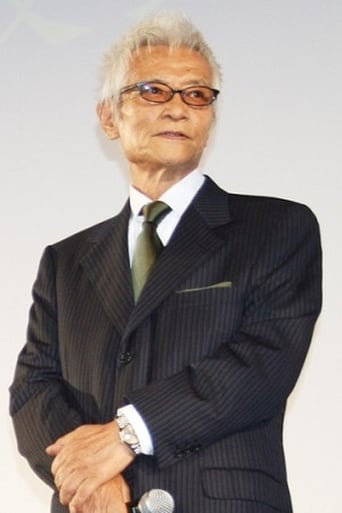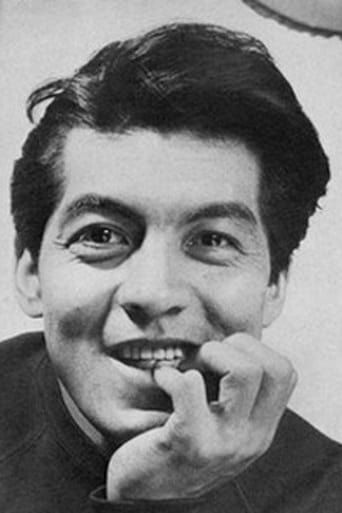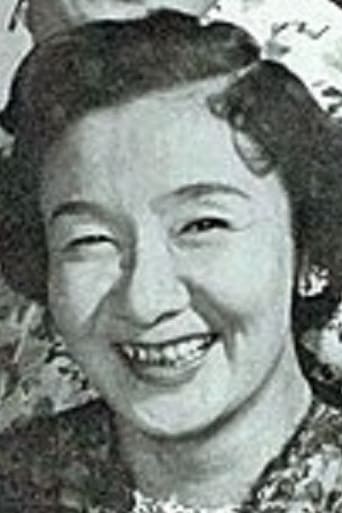Karry
Best movie of this year hands down!
VividSimon
Simply Perfect
ActuallyGlimmer
The best films of this genre always show a path and provide a takeaway for being a better person.
Rosie Searle
It's the kind of movie you'll want to see a second time with someone who hasn't seen it yet, to remember what it was like to watch it for the first time.
Leofwine_draca
VENGEANCE IS MINE is a serial killer film with a different: this Japanese epic is hyper-realistic and reminded me of the sort of classy thriller that Kurosawa would have made in his prime. It has stylistic similarities to Kurosawa's own HIGH & LOW, although the focus this time is on the killer himself rather than the detective investigation.A slightly unusual framing chronology at the outset soon settles into a comfortable routine as the tale is told in flashback for the most part. Ken Ogata plays a fully-rounded character who one day snaps and becomes a murderer, and the film is careful to paint his character in detailed strokes, allowing the viewer to build up a picture of how and why he was eventually driven to murder.It's a psychological study that's packed full of great stuff: subtle characterisation, bursts of sudden and explicit sex and violence, and overall a thorough attention to detail. The cinematography is excellent, bringing to life the shabby working class life of Japan in the late '50s and early '60s, and despite the slow pace and lengthy running time, not a scene seems to be extraneous or wasted. In short, it's a masterwork.
kurosawakira
All the Imamura's I've seen have that one moment. A moment which becomes a cinematic emblem, a token of memory that not only stays in the mind but starts to typify everything. Needless to say, there is a moment like that in this film, and without giving away too much, it involves a transition between scenes and a staircase. The simplest of moments, but the profoundest all the same, where home and the road meet, the lost and the forgotten. It's heartbreakingly beautiful in its impact as it shows the bittersweet death of hope in life that has turned into a vacuum of cessation and a mere series of wandering, swerving accidents.As for Ken Ogata's Iwao, he is a convincing characterization, mundane enough to be completely ordinary, charismatic enough to enable him to transform himself into someone completely unpredictable in his disconnect and for us to walk the distance with him. The genre tends to overemphasize the latter quality – the unique, the mysterious, the alluring. Imamura's way of seeing the world strikes a successful balance between the two extremes. Iwao is, as said, just like anyone else, but still like no one else. He is formed as lacking in perceivable depth. He does, and is almost entirely void of theatrical reaction. This way we invest in and project our preconceptions into the character. Sure, that's the meme in depicting sociopaths, but Imamura is able to use this wisely and without gloating.The Masters of Cinema have released this on Blu-ray (region B). It's a rare miss for them as it has lots of combing, and I think I'll sit this one out and wait for the possible Criterion upgrade (although I prefer the colour grading of the MoC master to that of the Criterion).It seems that IMDb now displays my vote for this title; it appeared after I made a minor edit on the text. I'm not partial to it, since it guides the reader's perception on the writer's opinion often more than the text itself, but there's nothing I can do about it at the moment.
edumacated
this film is half delicious--half not.the first half is a seemingly clumsy attempt to narrate the initial crimes of the featured psychopath. the narrative moves quickly through his initial murders using a workmanlike exposition, it shows this man's growing proficiency in the art of quick killing. and that is the first part of the film.the director manufactured a clinical approach to the first half, as shown by his use of clinical titles--suggesting a police report--summing up the effects of the psychopath's murders with little or no lead to the killings.this is the clumsy part of this film, unfortunately the director did not have the luxury of cloning future Hollywood examples to give him a better formula for this type of narration.but the second half of the film is where the director shows the relationship that intrigues him.the second part is enigmatic. it posits the ultimate relations when average persons attempt an average relationship with a homicidal psychopath. and this part is enthralling. the tension is beyond.
ajji-2
I can't honestly say that I 'got' the film 100%, but it sure kept me glued to the screen it's 2+ hour running time. Starts off as a docudrama look at a serial killer and his exploits, which is fine but you've been there before. However, via fractured narrative and by focusing far more on the killer, his family, and the characters they interacts with, the film immediately breaks away from the tradition of giving equal (if not more) time to the investigation. But even the in-depth look at the past and present of the antagonist doesn't quite explain his motivations. Expecting a 'pat' resolve, and not finding it herein, would be my only gripe with the film, which otherwise is a strange and hypnotic beast of rare quality, hard to pigeon-hole or categorize by the end, even if I thought I had it pegged at the beginning. The director, Shohei Imamura, who had a pretty wild style in his feature films, had been doing documentaries for a decade before he returned to fiction with this film. Maybe the documentary set-up was a deliberate ploy to keep the audience off-balance as Imamura undermines and/or breaks away from the genre every so often. At least 2 scenes will immediately pop out of the film as if they belong to another film altogether, and yet it all combines to great, surreal and creepy effect, when you consider the breadth of the themes and subplots and undercurrents introduced and explored. Whew! It was enough to make my head spin for a while (even so, I'm pumped to see it again).







